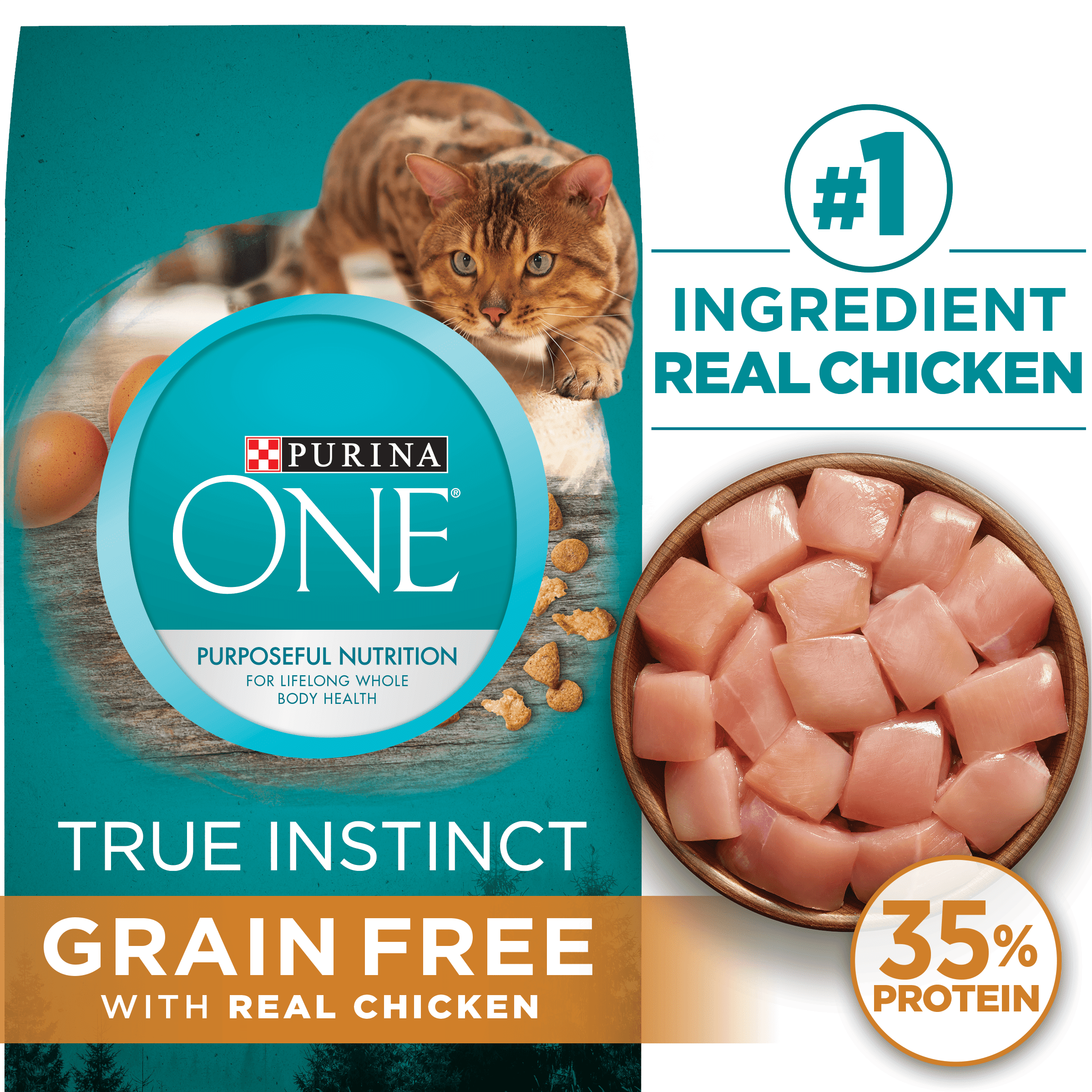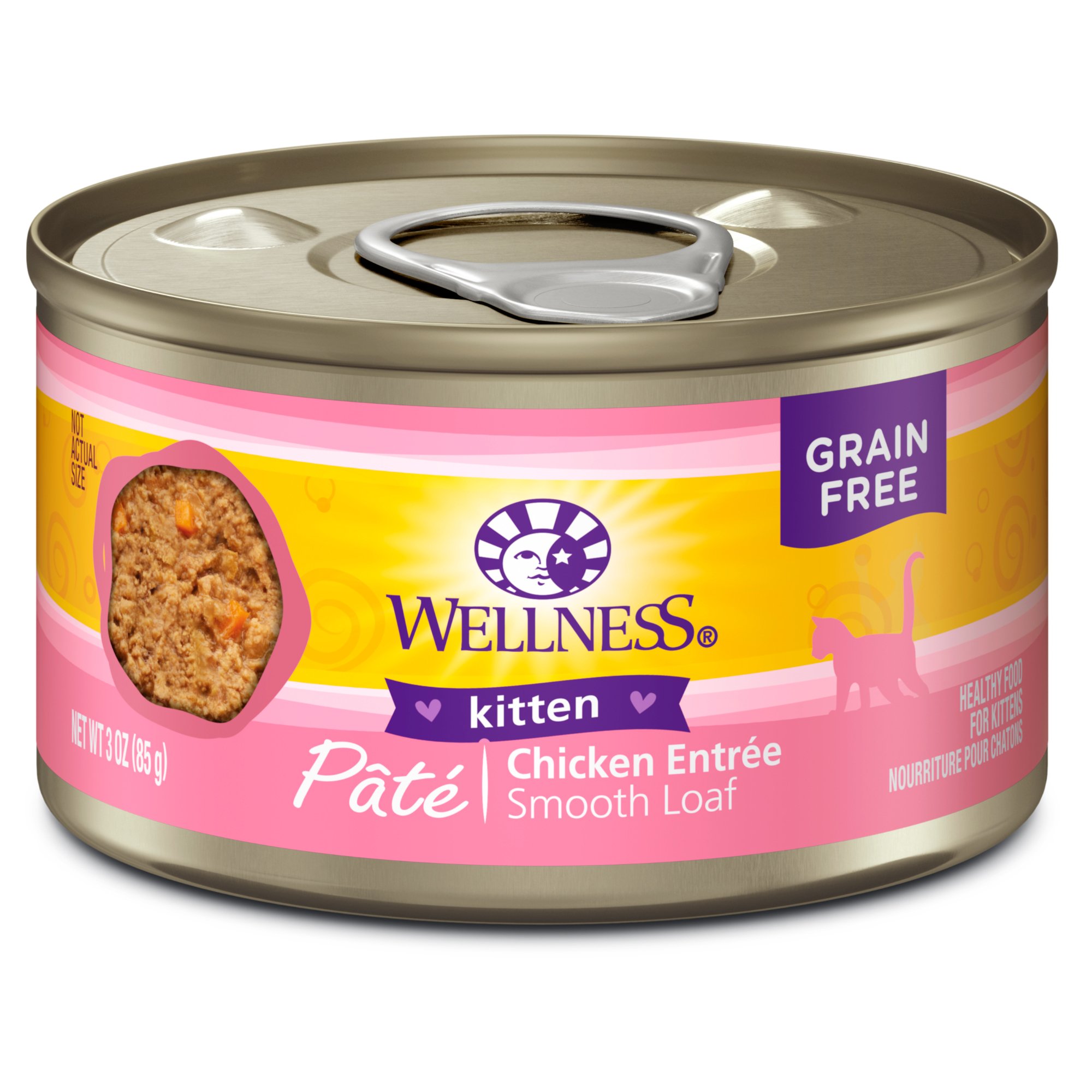The Ultimate Guide to Organic, Grain-Free Kitten Food: Nurturing Your Feline Friend the Natural Way
Introduction
Bringing a kitten into your home is a joyous occasion, filled with playful antics and heartwarming cuddles. As a responsible pet parent, one of your primary concerns is providing your new furry companion with the best possible nutrition. In recent years, organic and grain-free kitten food has gained significant popularity, and for good reason. These specialized diets are designed to cater to the unique needs of growing kittens, offering a range of potential health benefits.
In this comprehensive guide, we’ll delve into the world of organic, grain-free kitten food, exploring its advantages, key ingredients, how to choose the right option for your kitten, and important considerations to keep in mind.
Why Choose Organic, Grain-Free Kitten Food?
The Benefits of Organic Ingredients
Organic food is produced without the use of synthetic pesticides, herbicides, fertilizers, or genetically modified organisms (GMOs). Choosing organic kitten food can offer several advantages:
- Reduced Exposure to Harmful Chemicals: Organic farming practices prioritize natural methods, minimizing the risk of exposing your kitten to potentially harmful chemicals that may be present in conventionally grown ingredients.
- Higher Nutrient Content: Some studies suggest that organic produce may contain higher levels of certain vitamins, minerals, and antioxidants compared to conventionally grown counterparts. While more research is needed in the context of pet food, the potential for enhanced nutrient density is an appealing factor.
- Environmental Sustainability: Organic farming practices promote soil health, biodiversity, and water conservation, making it a more environmentally responsible choice.
Understanding the Grain-Free Advantage
Grain-free kitten food excludes common grains like corn, wheat, soy, and rice. The rationale behind this formulation is that cats are obligate carnivores, meaning their digestive systems are primarily designed to process animal-based proteins and fats. While cats can digest some grains, they may not be as efficiently utilized as other nutrients.
Here’s why grain-free diets can be beneficial for some kittens:
- Improved Digestion: Some kittens may have sensitivities or allergies to grains, leading to digestive upset, skin issues, or other health problems. Grain-free diets can alleviate these symptoms by removing potential allergens.
- Higher Protein Content: Grain-free formulas often contain a higher percentage of animal-based protein, which is essential for muscle development, energy, and overall growth in kittens.
- Better Weight Management: Grain-free foods tend to be lower in carbohydrates and higher in protein and fat, which can help promote a healthy weight and prevent obesity, particularly in less active kittens.
Key Ingredients to Look for in Organic, Grain-Free Kitten Food
When selecting an organic, grain-free kitten food, pay close attention to the ingredient list. Here are some key components to prioritize:
- High-Quality Animal Protein: The first ingredient should always be a named animal protein source, such as chicken, turkey, salmon, or lamb. Avoid foods that list generic "meat by-products" or "animal digest" as primary ingredients.
- Healthy Fats: Fats are essential for energy, brain development, and coat health. Look for sources like fish oil, flaxseed oil, or sunflower oil.
- Essential Vitamins and Minerals: Ensure that the food is fortified with essential vitamins and minerals, such as vitamin A, vitamin D, vitamin E, B vitamins, taurine (crucial for heart health), and calcium.
- Digestible Carbohydrates (Grain-Free Alternatives): Instead of grains, look for easily digestible carbohydrate sources like sweet potatoes, peas, lentils, or tapioca.
- Fiber: Fiber is important for digestive health. Look for sources like pumpkin, beet pulp, or cellulose.
- Probiotics and Prebiotics: These beneficial bacteria and fibers support a healthy gut microbiome, aiding digestion and boosting the immune system.
Choosing the Right Organic, Grain-Free Kitten Food
With a plethora of options available, selecting the right organic, grain-free kitten food can feel overwhelming. Here’s a step-by-step guide to help you make an informed decision:
- Consult with Your Veterinarian: Before making any significant dietary changes, consult with your veterinarian. They can assess your kitten’s individual needs, identify any potential allergies or sensitivities, and recommend a suitable food based on their health status and breed.
- Read Labels Carefully: Scrutinize the ingredient list, guaranteed analysis, and feeding guidelines. Ensure that the food meets the nutritional requirements for kittens as outlined by the Association of American Feed Control Officials (AAFCO).
- Consider Your Kitten’s Age and Activity Level: Kittens have different nutritional needs at different stages of development. Choose a food specifically formulated for kittens, and adjust the feeding amount based on your kitten’s activity level and weight.
- Look for Reputable Brands: Opt for well-established brands with a proven track record of producing high-quality, safe, and nutritious pet food. Research customer reviews and look for certifications from reputable organizations like the USDA (for organic claims).
- Introduce New Food Gradually: When switching to a new food, gradually mix it with your kitten’s current food over a period of 7-10 days. This will help prevent digestive upset.
Important Considerations and Potential Drawbacks
While organic, grain-free kitten food offers many benefits, it’s essential to be aware of potential drawbacks and considerations:
- Cost: Organic ingredients and specialized formulations often come at a higher price point compared to conventional kitten food.
- Availability: Organic, grain-free options may not be as widely available as conventional foods, particularly in smaller pet stores or rural areas.
- Misleading Marketing: Be wary of marketing claims that may not be scientifically substantiated. Always prioritize ingredient quality and nutritional adequacy over trendy buzzwords.
- Potential for Nutrient Deficiencies: While rare, some grain-free diets may lack certain essential nutrients if not properly formulated. This is why it’s crucial to choose a food that meets AAFCO standards and consult with your veterinarian.
- Not Necessary for All Kittens: While some kittens thrive on grain-free diets, others may do just as well on conventional, high-quality kitten food. The best diet for your kitten depends on their individual needs and sensitivities.
Conclusion
Organic, grain-free kitten food can be a valuable option for pet parents seeking to provide their feline companions with the best possible nutrition. By understanding the benefits of organic ingredients, the advantages of grain-free formulations, and the importance of choosing high-quality ingredients, you can make an informed decision that supports your kitten’s health and well-being. Remember to consult with your veterinarian to determine the most appropriate diet for your kitten’s individual needs. With careful consideration and a commitment to providing a balanced and nutritious diet, you can help your kitten grow into a healthy, happy, and thriving adult cat.


